For over 500 years, Germany’s Reinheitsgebot, or Beer Purity Law, has stood as a cornerstone of the country’s brewing tradition. Enacted in 1516, the law originally mandated that beer could only be brewed with water, barley, and hops—later amended to include yeast after its role in fermentation was understood. This regulation has long been a point of national pride, shaping Germany’s reputation as a global leader in beer production. But now, a growing number of brewers are challenging the law, arguing that it stifles creativity and limits their ability to compete in an increasingly diverse international market.
The debate over the Reinheitsgebot is not new, but it has gained renewed urgency in recent years. Craft breweries, in particular, have been vocal about their frustrations. Many argue that the strict regulations prevent them from experimenting with modern flavors and ingredients, putting them at a disadvantage compared to brewers in countries with more flexible rules. "We’re not asking to abandon tradition," says Klaus Meier, a third-generation brewer from Bavaria. "But we need room to innovate if we want to stay relevant."
Critics of the law also point to its historical context. When the Reinheitsgebot was first introduced, its primary purpose was not to ensure quality but to regulate prices and prevent competition between bakers and brewers for wheat and rye. Over time, it evolved into a symbol of purity, but some argue that it has outlived its original purpose. "The world of beer has changed dramatically since the 16th century," says Dr. Anna Weber, a food historian at the University of Berlin. "It’s time for our laws to reflect that."
Proponents of reform highlight the success of craft beer movements in countries like the United States and Belgium, where brewers have flourished without strict ingredient restrictions. German brewers who export their products often face the irony of being able to sell more experimental beers abroad than they can at home. "We make a pumpkin ale for the American market, but we can’t legally sell it here," explains Markus Hofmann, a brewer from Cologne. "It’s frustrating to see other countries embrace innovation while we’re held back by old rules."
However, not everyone is eager to see the Reinheitsgebot weakened. Traditionalists argue that the law is a vital part of Germany’s cultural heritage and a guarantee of quality. Large breweries, in particular, have been resistant to change, fearing that loosening the rules could lead to a flood of inferior products. "The Reinheitsgebot is what makes German beer special," insists Hans Fischer, a spokesperson for the German Brewers Association. "If we start allowing all sorts of additives, we risk losing our identity."
The political landscape adds another layer of complexity. While some lawmakers have expressed openness to reform, others are hesitant to tamper with a law that enjoys strong public support. A 2022 survey found that 65% of Germans opposed relaxing the Reinheitsgebot, though younger respondents were more open to change. "This isn’t just about beer—it’s about how we balance tradition and progress," says Green Party MP Lena Schmidt, who has advocated for moderated reforms. "We can respect our history without being trapped by it."
For now, the future of the Reinheitsgebot remains uncertain. Some brewers have found loopholes, such as labeling their products as "mixed beer beverages" to skirt the rules, but this is hardly a long-term solution. As the global beer market continues to evolve, Germany faces a critical choice: cling to centuries-old regulations or adapt to a new era of brewing. One thing is clear—the debate over the Beer Purity Law is far from over, and its outcome could reshape the country’s beer industry for generations to come.
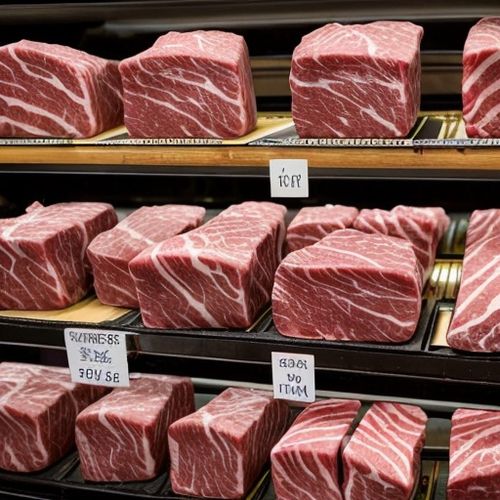
By Lily Simpson/Apr 10, 2025
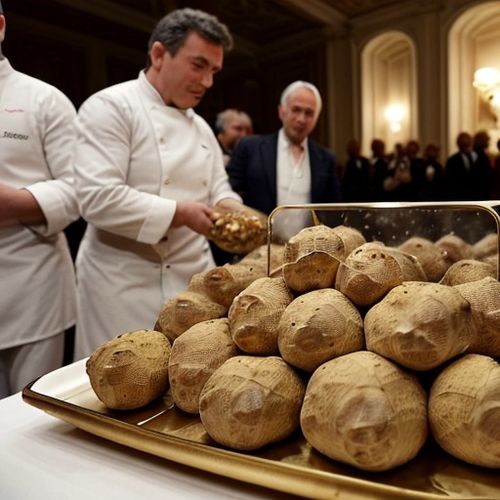
By Victoria Gonzalez/Apr 10, 2025

By Emily Johnson/Apr 10, 2025

By Megan Clark/Apr 10, 2025
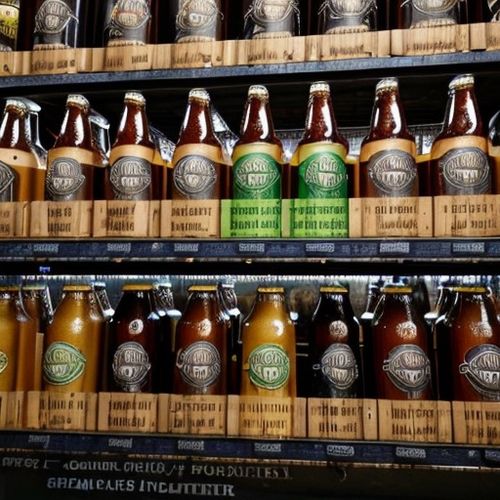
By Amanda Phillips/Apr 10, 2025
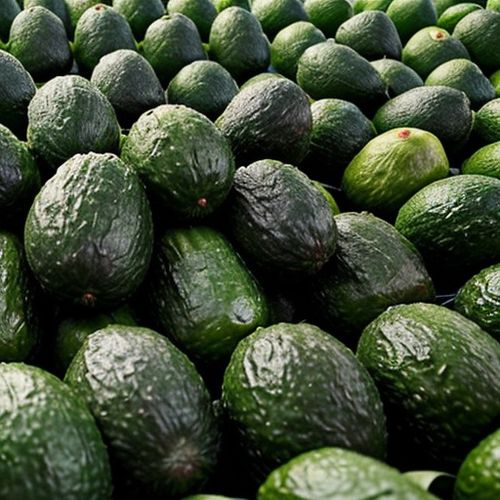
By James Moore/Apr 10, 2025
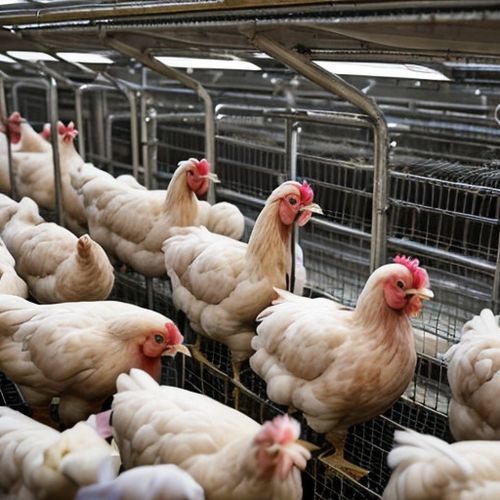
By Noah Bell/Apr 10, 2025

By Eric Ward/Apr 10, 2025
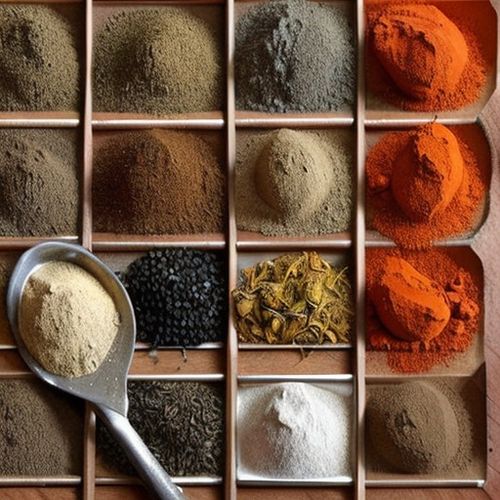
By Megan Clark/Apr 10, 2025
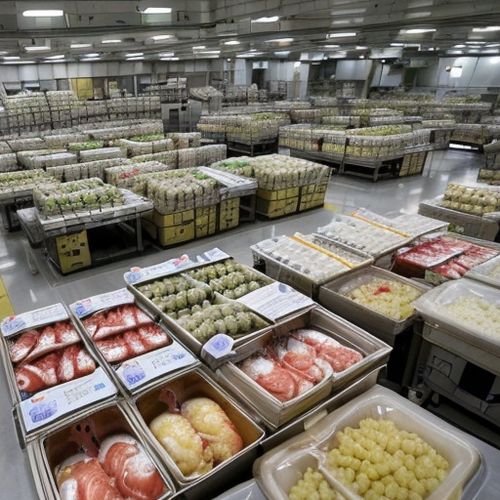
By Natalie Campbell/Apr 10, 2025
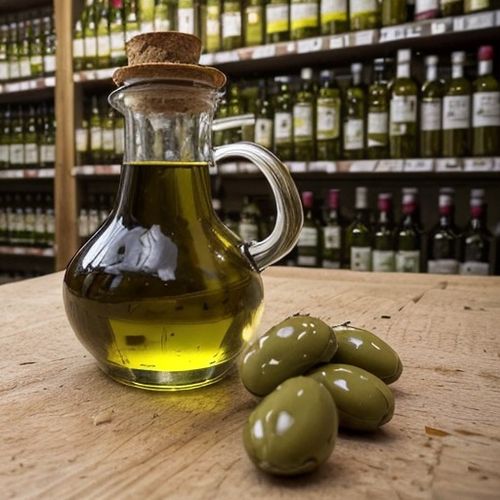
By Amanda Phillips/Apr 10, 2025
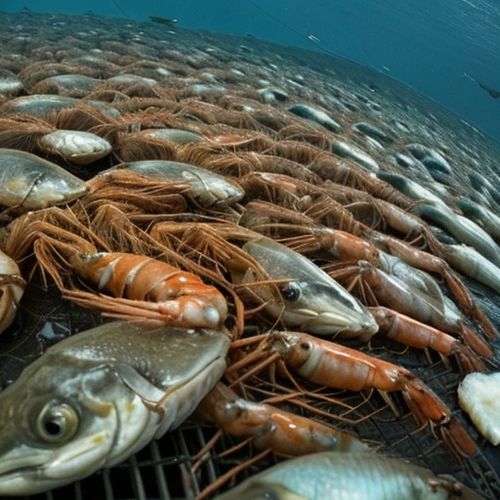
By Michael Brown/Apr 10, 2025

By Elizabeth Taylor/Apr 10, 2025
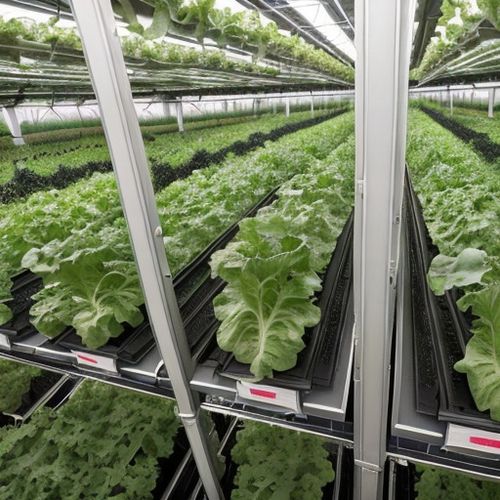
By Emma Thompson/Apr 10, 2025
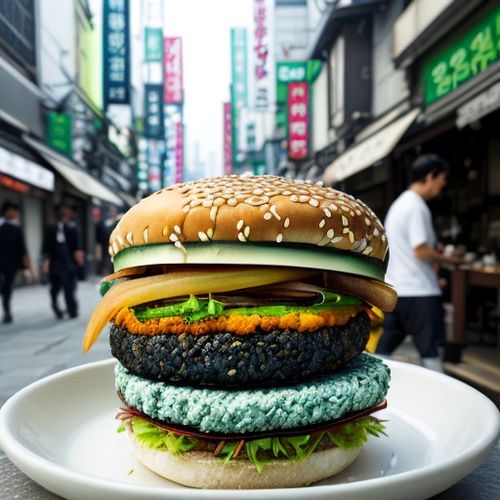
By Natalie Campbell/Apr 10, 2025

By Eric Ward/Apr 10, 2025

By Sophia Lewis/Apr 10, 2025